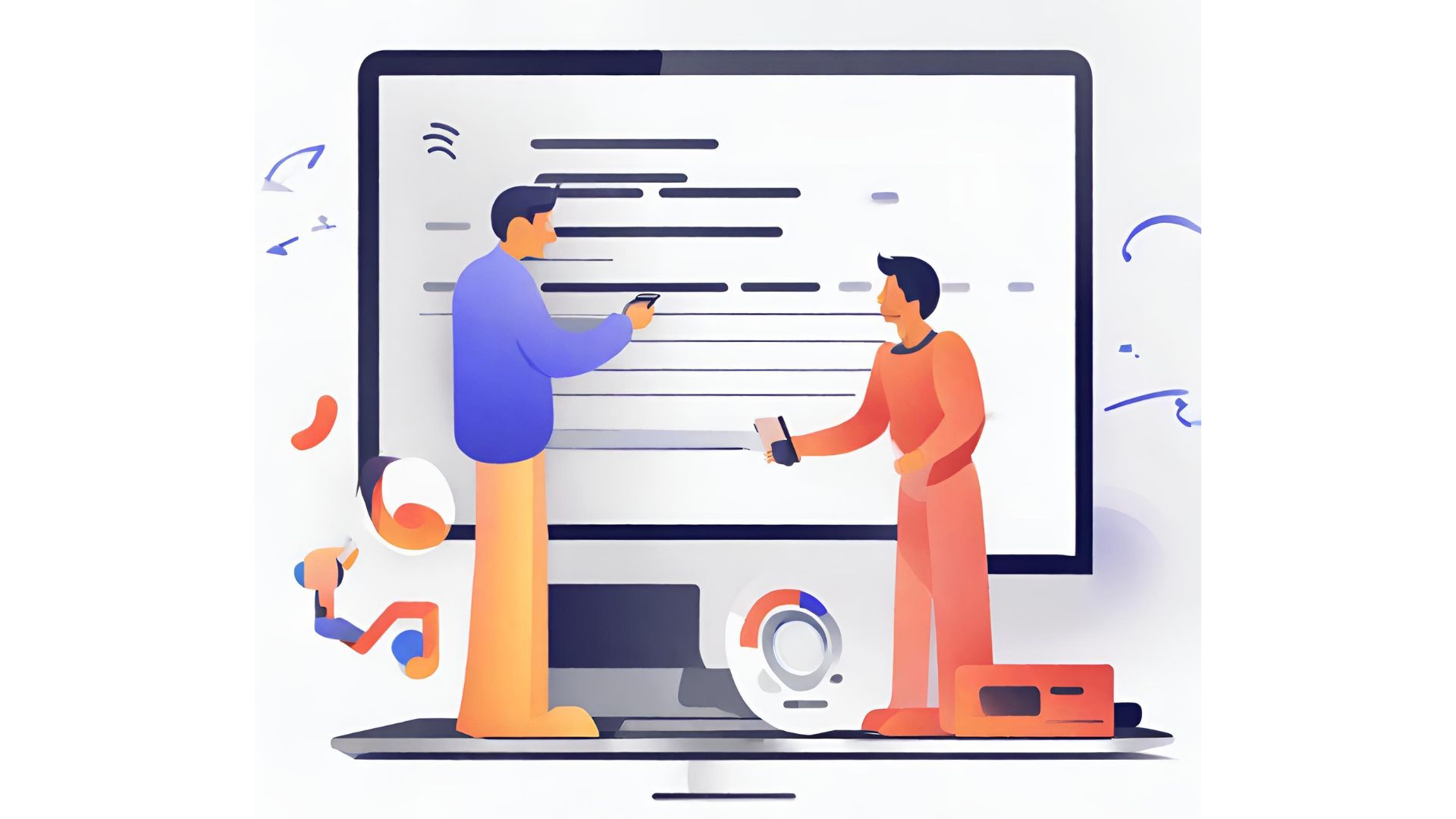Artificial intelligence (AI) is rapidly changing the world, and the field of data analytics is no exception. AI-powered tools are already being used to automate many of the tasks that data analysts traditionally perform, such as data cleaning, data preparation, and statistical analysis. This has led to some speculation that AI will eventually replace data analysts altogether.
However, it is important to remember that AI is not a magic bullet. It is a tool that can be used to automate tasks, but it cannot replace human judgment and intuition. Data analysts still play a vital role in the data analytics process, by providing insights and recommendations that AI cannot.
In this blog post, we will explore the impact of AI on data analytics, and discuss the role of data analysts in the future.
How AI is Changing Data Analytics
AI is changing data analytics in a number of ways. Here are a few examples:
- Automating tasks: AI-powered tools can automate many of the tasks that data analysts traditionally perform, such as data cleaning, data preparation, and statistical analysis. This frees up data analysts to focus on more strategic and creative work.
- Making predictions: AI can be used to make predictions about future events, such as customer behavior or product demand. This information can be used by businesses to make better decisions.
- Generating insights: AI can be used to generate insights from data that would be difficult or impossible for humans to find. This information can help businesses to identify new opportunities and solve problems.
The Role of Data Analysts in the Future
Despite the advances of AI, data analysts will still play a vital role in the future of data analytics. Here are a few reasons why:
- Human judgment: AI is not perfect. It can make mistakes, and it can only be as good as the data that it is trained on. Data analysts are still needed to provide human judgment and intuition to the data analytics process.
- Communication skills: Data analysts need to be able to communicate their findings to business stakeholders in a way that is clear and concise. AI cannot replace the human touch when it comes to communicating data-driven insights.
- Creativity: Data analysts need to be creative in their approach to data analysis. They need to be able to come up with new ideas and approaches to solve problems. AI can help data analysts to be more creative, but it cannot replace the human element of creativity.
In conclusion, AI is changing data analytics, but it is not replacing data analysts. Data analysts will still play a vital role in the future of data analytics, by providing human judgment, communication skills, and creativity.
The Future of Data Analytics
The future of data analytics is bright. AI will continue to play a role in automating tasks and generating insights, but data analysts will still be needed to provide human judgment, communication skills, and creativity.
Data analysts who are able to embrace AI and use it to their advantage will be in high demand in the future. They will be the ones who are able to use data to solve problems, make predictions, and generate new insights that can help businesses to succeed.
If you are interested in a career in data analytics, now is the time to get started. Learn the skills that you need to succeed in this field, and embrace AI as a tool that can help you to be more productive and effective.

